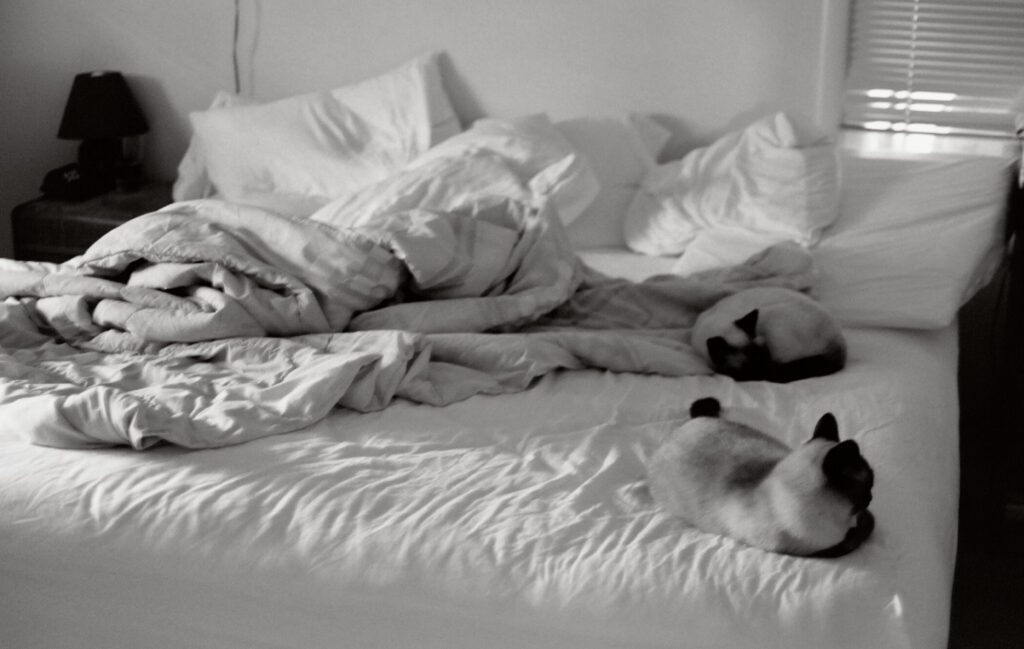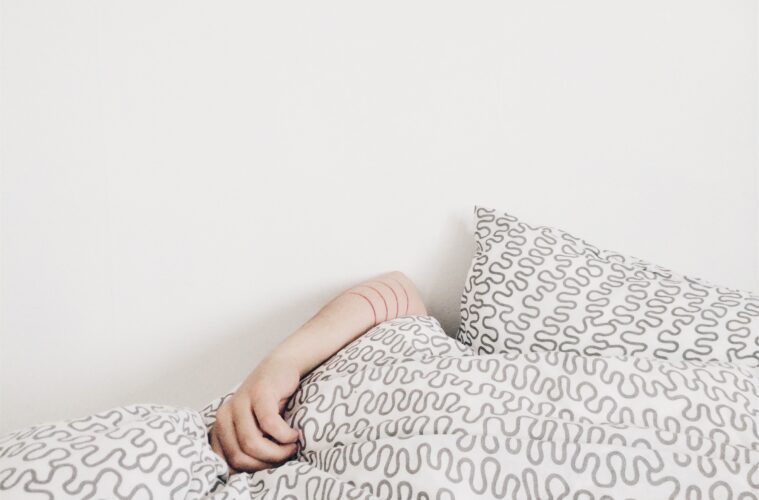Sleep is important for well-being and normal functioning and anybody who has missed out on a day or two of sleep knows that it can make work, relationships, and normal functioning more difficult. We all know that we feel fatigued, but there are other cognitive effects related to lack of sleep that impact memory, focus, information processing, task completion, and other aspects of cognition that we utilize in our daily lives.

Having good sleep hygiene can prevent you from losing precious sleep and ensure that you get more restful sleep. To improve sleep, it is important to understand what sleep hygiene is.
What is Sleep Hygiene?
Healthy sleep habits and routines are often referred to as sleep hygiene, which is described as practices that can help you fall and stay asleep. Much of sleep hygiene is simple, but that doesn’t mean you follow them naturally without working on it.
Good sleep hygiene involves a routine and schedule for bedtime and the time that you wake up each morning, a comfortable and healthy environment to sleep in, avoidance of activities that contribute to poor sleep, physical activity, and other strategies.
How Does Sleep Affect Cognition and Memory?
While there is no definitive answer for the reasons that we need sleep every night, it is a fact of nature. Without sleep, the brain cannot function and recuperate from the events of the day and will have difficulty processing the information from earlier.
Without sleep, even in the short term, you may experience poor memory. However, a lot of other factors can influence memory both negatively and positively. If you are interested in learning how to improve your memory, different types of memory, and other elements that can contribute to memory problems, you should check out the informational articles at BetterHelp.
Poor sleep doesn’t only impact memory, though, and can also cause other cognitive issues. While most people have felt fatigued and sleepy after a poor night of sleep, there are cognitive disruptions as well. Research shows that lack of sleep not only results in problems with attention and concentration but that it also causes poor reaction time and slow thinking.
Proper memory requires sufficient sleep and types of sleep, like REM and NREM, reinforce memories in the brain so that we can recollect them at a later time. One study shows that sleep deprivation can even increase the likelihood of forming false or inaccurate memories.
There are additional health results of poor sleep. There is much evidence that mood can be negatively impacted by poor sleep because without sleep we are unable to properly process the emotional portions of information. Poor sleep may also contribute to poor creativity, increased stress, and reduced performance and productivity.
How To Improve Sleep Hygiene
Good sleep hygiene doesn’t come naturally for everyone and sometimes it takes some effort to ensure that you get the amount of sleep that you need. While some people need more or less sleep than others, adults will generally require 7 to 9 hours of sleep per night.
Keep a Routine
Having a set bedtime that you follow every day and waking up at the same time every morning is a necessary step for better sleep hygiene. It may take a little while before you get used to it and it is also important to avoid or limit napping during the day. A routine also includes the things that you do around bedtime. You can try listening to calm music, writing in a journal about the day’s events, reading, meditating, or taking a warm bath.
Develop a Healthy Sleep Atmosphere
The area that you sleep in can impact the quality and quantity of your sleep. It is best to avoid electronics, computer screens, and televisions in the hour leading up to your bedtime. Also, make sure to have the temperature set comfortably for the entire night and avoid caffeine and sugar before bed.
Exercise
Exercising regularly can help you sleep better because it tired out the body and produces neurotransmitters in the brain that can help with mood, stress, and relaxation. Try to get at least a half-hour of exercise nearly every day and you may notice you will sleep better.
Conclusion
Being aware of your sleep habits and putting effort towards better sleep hygiene may help you improve your sleep and, in turn, provide a boost to your memory, cognition, mood, and overall well-being.


